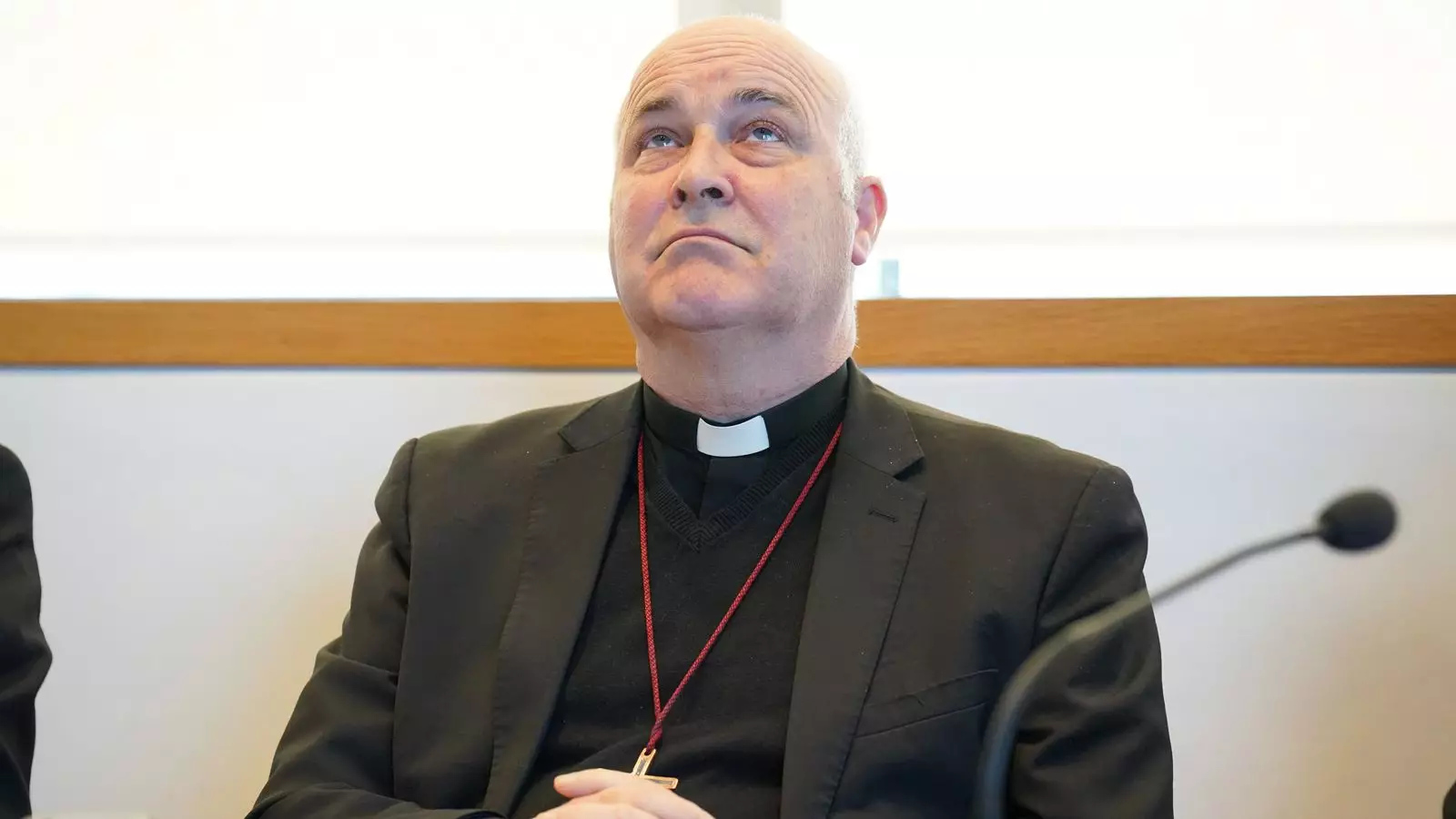The Church of England stands at a pivotal moment in its history, as it grapples with a challenging landscape marked by allegations of past abuse and a public outcry for accountability. Archbishop of York, Stephen Cottrell, is expected to address these pressing issues in his Christmas Day sermon, marking a crucial opportunity for introspection and change. The Church’s reputation has been significantly tarnished by its handling of abuse scandals that have surfaced over the years, leading to significant criticism from both within and outside its ranks. The significance of Cottrell’s remarks lies not only in their immediate context but also in their potential to reshape the narrative surrounding the Church’s responsibilities and moral obligations.
As Cottrell takes on the role of acting leader in the absence of the outgoing Archbishop of Canterbury, Justin Welby, he does so amid undercurrents of discontent. Welby, whose resignation follows a damning report regarding the Church’s handling of serial abuser John Smyth, leaves behind a volatile atmosphere where trust in leadership is questioned. Cottrell’s leadership will be under scrutiny, particularly given his own tenure as bishop, during which the reappointment of David Tudor, implicated in sexual abuse allegations, took place. This duality creates a complex environment in which the new archbishop must navigate past mistakes while attempting to assert a vision for the future.
In his forthcoming sermon, Cottrell plans to frame the Church’s reflection within the narrative of Christmas. He intends to emphasize the theme of “kneeling in penitence” and the transformative power of vulnerability symbolized by the birth of Jesus—a child born into adversity and targeted by power. This message could serve as a clarion call for the Church to embody the very principles it preaches: humility, compassion, and unwavering support for the marginalized. By focusing on Jesus as a representation of vulnerability, Cottrell seeks to redirect attention to the Church’s obligation to advocate for those who face societal injustices.
One significant aspect of Cottrell’s message will likely emphasize the Church’s duty to elevate the voices of abuse victims and acknowledge the pain they have endured. The archbishop’s recognition that “things could have been handled differently” indicates an awareness of the gravity of past responses. However, this acknowledgment must evolve beyond mere regret; it necessitates action and tangible commitments to support those who have been victimized. For many victims, the Church’s historical failure to protect them stands as a barrier to their healing, and Cottrell’s comments must reflect a genuine promise to prioritize their needs.
Cottrell’s sermon is set to resonate with a broader message of hope and renewal. He will encourage congregants to put the needs of others first, particularly those who are vulnerable during the festive season. This inclusive and compassionate vision can challenge the Church to live out its principles actively. It’s crucial for the Church to embrace the responsibilities that come with its role in society, serving not only as a spiritual guide but also as an institutional advocate for social justice.
As the Church of England stands at this crossroads, the call for reflection and renewal encapsulates a longing for rebirth—a movement towards a future underpinned by integrity, care, and authenticity. The intertwining narratives of vulnerability and love within the Christmas story not only call upon individuals to reflect on their actions but also challenge the institution to evolve. The Church must harbor a renewed commitment to embodying the love it professes, ensuring that those who suffer are prioritized and upheld rather than overlooked.
In this critical phase of its history, the Church of England has the potential to redefine its leadership and its mission, but it will require courage, transparency, and a steadfast dedication to change. By doing so, it may not only restore faith among its congregants but also reclaim its voice as a beacon of hope in times of despair.


Leave a Reply